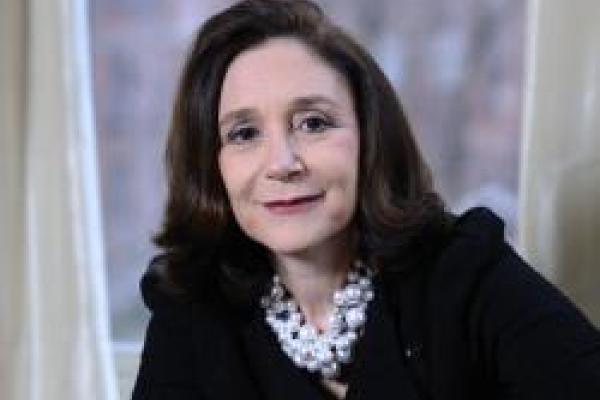
"Technology and Self"
co-sponsored by the Humanities Institute
The Flight From Conversation
A generation has grown up feeling that “I would rather text than talk.” And believing that it is possible to share our attention during almost everything we do. What are the costs of a “flight from conversation” in personal life, among one’s family and friends? What are the costs in the work world? And most important, what can we do about it?
Sherry Turkle is a professor, author, consultant, researcher and licensed clinical psychologist who has spent the last 30 years researching the psychology of people’s relationships with technology. She is the Abby Rockefeller Mauzé Professor of the Social Studies of Science and Technology in the Program in Science, Technology, and Society at MIT, and founder and current director of the MIT Initiative on Technology and Self.
Referred to by many as the “Margaret Mead of digital culture,” Turkle offers a unique perspective on technology and social interaction, and on the psychological dimensions of technological change. Her work investigates the intersection of digital technology and human relationships, from the early days of personal computers to our current world of robotics, artificial intelligence, social networking and mobile connectivity.
She is the author of many books in this field, most notably, a critically acclaimed trilogy on computers and people: The Second Self: Computers and The Human Spirit; Life on the Screen: Identity in the Age of the Internet, and most recently, Alone Together: Why We Expect More From Technology and Less From Each Other. She is currently working on her latest book, dealing with reclaiming conversation in the face of digital isolation, at work, home and school.
Turkle’s exploration into our lives on the digital terrain shows how technological advancement doesn’t just catalyze changes in what we do – it affects how we think. The Internet has emerged as a new context for self-exploration and social encounter. Combined with other 21stCentury technologies like psychopharmacology, robotics, nanotechnology, genetic engineering, biotechnology and artificial intelligence, it raises fundamental questions about selfhood, identity, community, and what it means to be human.
Turkle’s research reveals a great paradox: technology may make connectivity easier, but it comes at a cost. Are we more alone or more together in our digital culture? As we substitute face-to-face interactions with fast-and-easy – yet often shallow – communication via our gadgets, the result is too often one of alienation and emotional dislocation.
Her research also raises critical questions about technology’s role in business productivity, asking whether multi-tasking actually leads to deteriorating performance in each of our tasks. Does our always connected state affect our ability to think, to be creative, and to innovate?
Turkle received a joint doctorate in sociology and personality psychology from Harvard University and is a licensed clinical psychologist. She is the author of five books and the editor of three. She’s been profiled in such publications as The New York Times, Scientific American and Wired, and was named "woman of the year" by Ms. Magazine and among the "Forty under Forty" who are changing the nation by Esquire. She is a featured media commentator on the social and psychological effects of technology for CBS, NBC, ABC, CNN, the BBC, and NPR, including appearances on such programs as Nightline, Frontline, The Colbert Report and 20/20.
